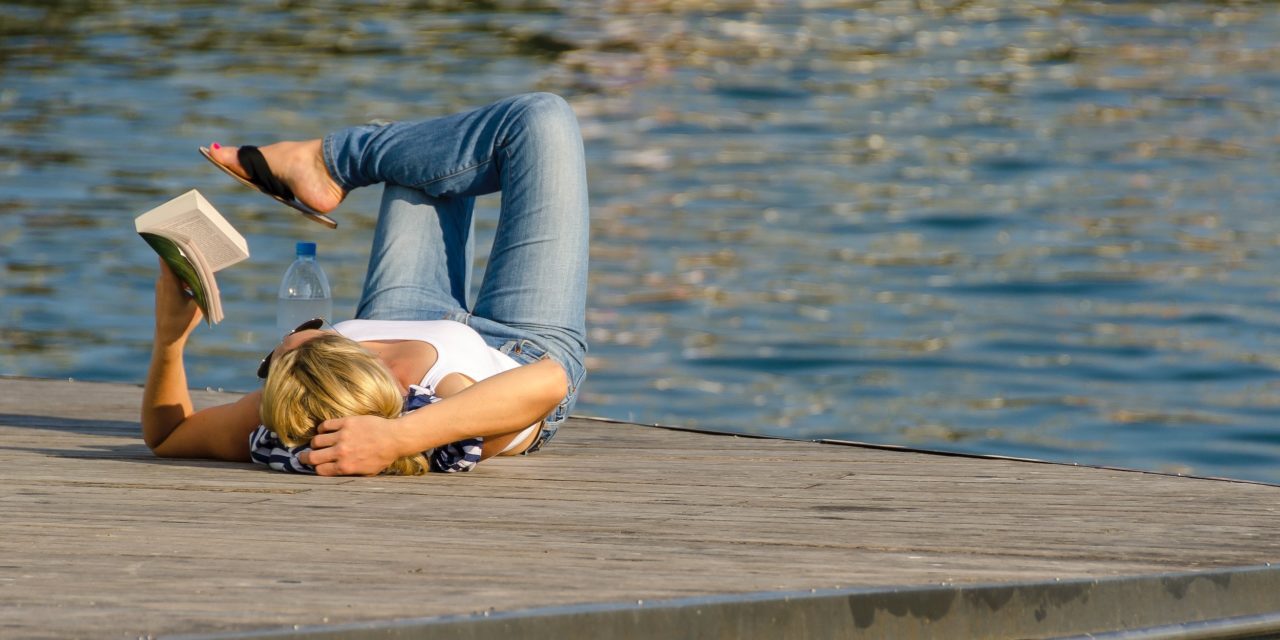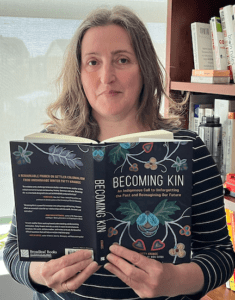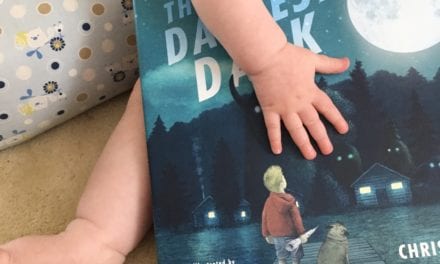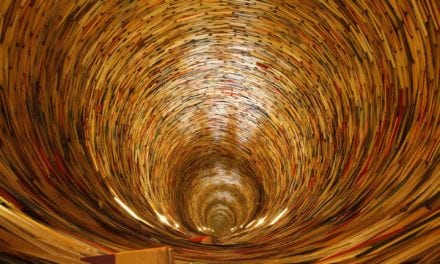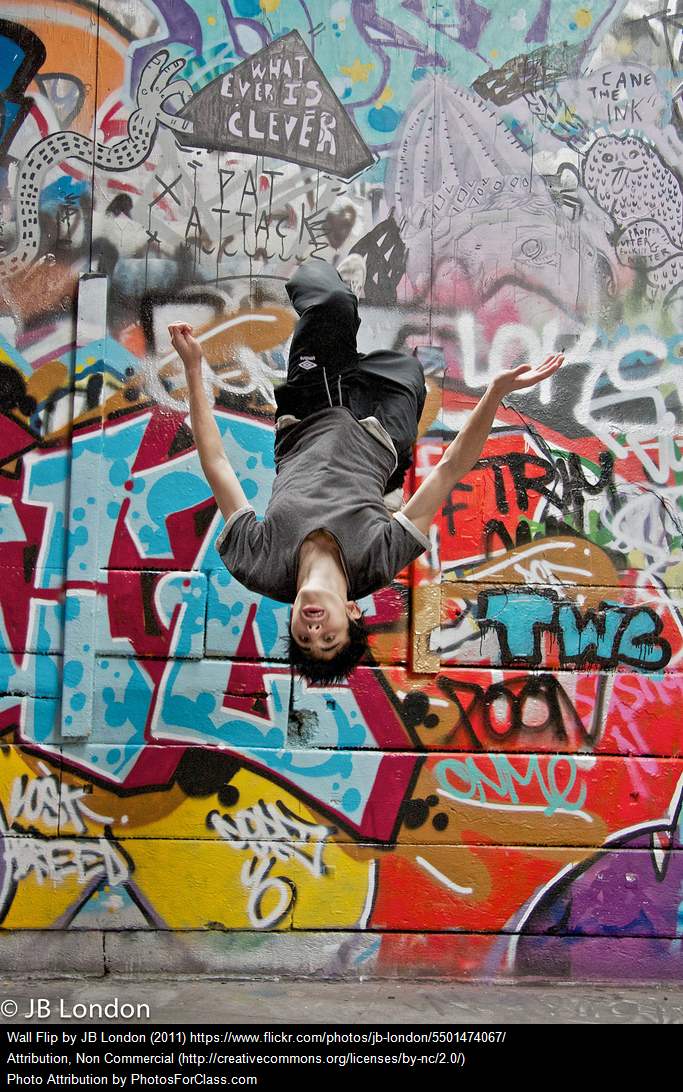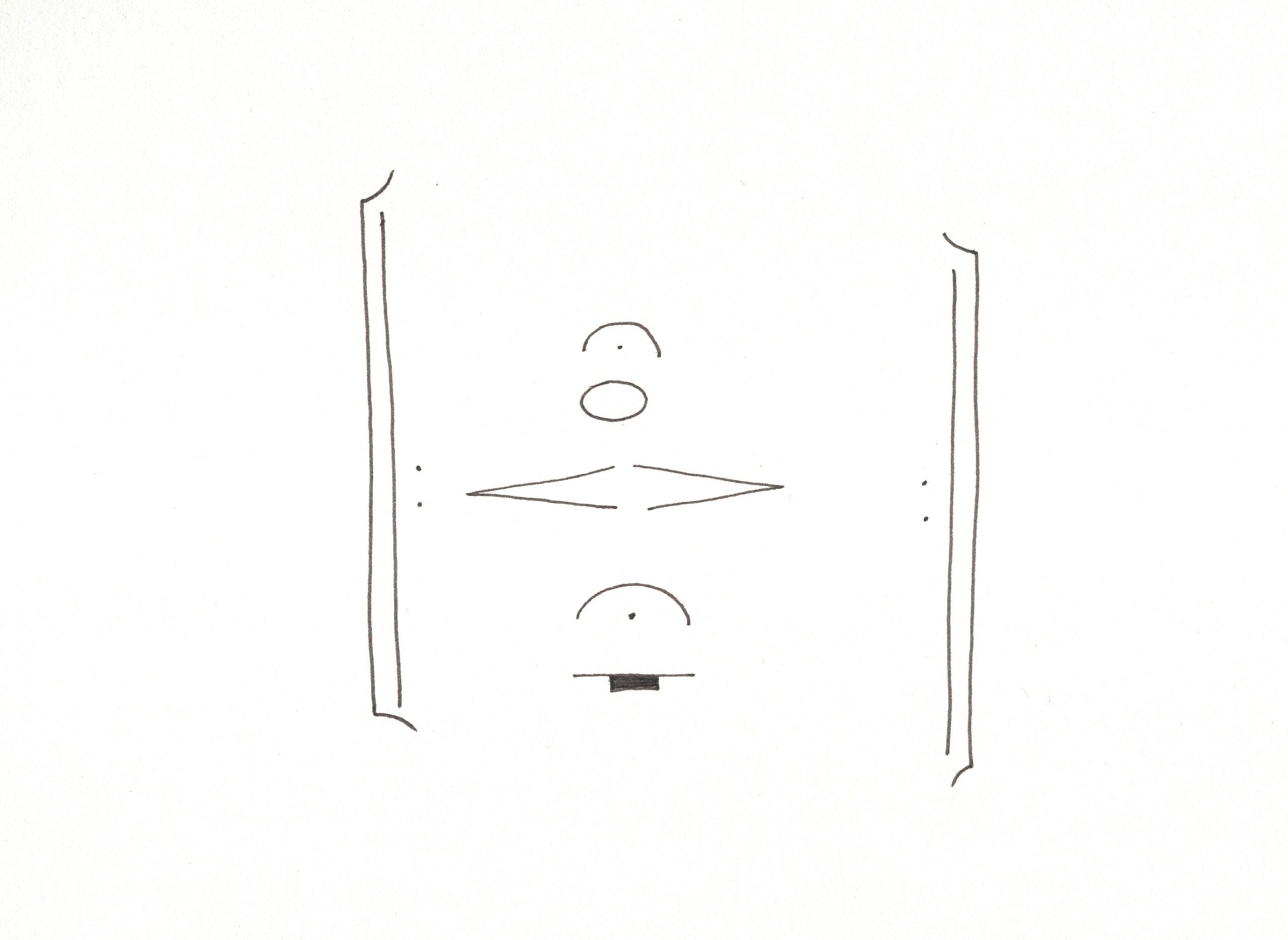Summer already?!? Ha… right, already. These past few years have been some of the most challenging for educators worldwide. You see traumatic events confuse systems, systems that typically can anticipate outcomes, follow rules, and turn complexity into something simple. However, all of what used to be simple, flew out the window a few years back and the repercussions are still throwing chaos into our systems. Which makes the business of educating our youth a hell of a job. Let me say that again… A HELL OF A JOB. But, at an expense… As we drag ourselves into our much-earned summer break, do just that, break away from all of it, at least for a week, maybe two, of nothing to do with the job of educating our youth. Let yourself go in the manner that cleanses you of the past and puts you right here in the immediacy of now, have that extra drink, an ice cream at 10 am, pyjamas for days, and of course, LEARN’s summer reads to fill those hours of nothingness into happiness. Happy Summer 🌞
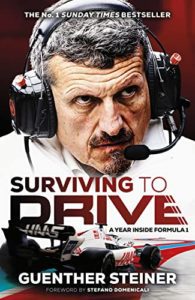
Michael “villeneuve” Canuel
Surviving to Drive
by Guenther Steiner
My choice for summer reading is Surviving to Drive by Guenther Steiner. If any of you enjoy F1 racing, this quick but entertaining read provides insight into the life of the behind-the-scenes people in the mad world of Formula 1 racing. It is an irreverent commentary on the challenges and pressures these people live during the 9-month season which on the surface appears glamorous and exciting but which is fraught with very raw language and edgy humour. Not for the faint of heart.
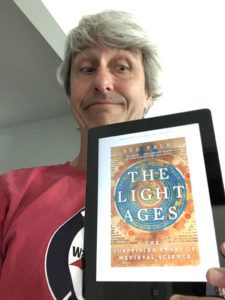

Louis-Gilles Lalonde
The Light Ages: The Surprising Story of Medieval Science
by Seb Falk
The author revisits (and renames) the so-called “Dark” Ages, highlighting all the major advances in knowledge that happened roughly between the 14th and 16th centuries. Very curious to see how that period could have witnessed some of the most critical breakthroughs that made modern science and technology possible. ⚔️
![]()
![]()
![]()
![]()
![]()
![]()
![]()
![]()
![]()
![]()
![]()
![]()
![]()
![]()
![]()
![]()
![]()
![]()
![]()
![]()
![]()


Julie Paré
«Hier pour rien»
par Alain Raimbault
C’est le roman d’un collègue enseignant, Alain Raimbault, de l’école secondaire de Macdonald High School de la commission scolaire Lester-B.-Pearson avec qui j’ai travaillé quelques années sur le flow en français, langues seconde. S’inspirant de son expérience comme volontaire dans un CHSLD à l’été 2020 lors de la pandémie, Alain nous amène à réfléchir et à se poser des questions sur la solitude, l’isolement et le deuil.
Et qui de mieux que l’auteur lui-même pour nous parler de son livre!
https://youtu.be/Xn4dg_pdrE4
https://on.soundcloud.com/rEksu
![]()
![]()
![]()
![]()
![]()
![]()
![]()
![]()
![]()
![]()
![]()
![]()
![]()
![]()
![]()
![]()
![]()
![]()
![]()
![]()
![]()
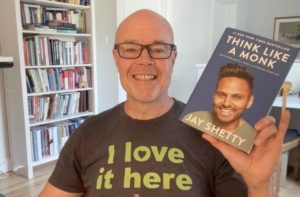

Craig Bullett
Think Like a Monk
by Jay Shetty
A good one to read this summer and beyond. This book reflects on finding peace and purpose without overthinking things. It also supports being positive and how you can’t find happiness by looking for it. Well, sign me up! Living on the 3rd rock from the sun has its challenges. Enjoy the summer everyone! Wishing you happiness and peace of mind ⛪️
![]()
![]()
![]()
![]()
![]()
![]()
![]()
![]()
![]()
![]()
![]()
![]()
![]()
![]()
![]()
![]()
![]()
![]()
![]()
![]()
![]()
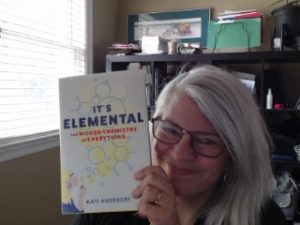

Kerry Cule
It’s Elemental: The Hidden Chemistry in Everything
by Kate Biberdorf
“Have you ever wondered what makes dough rise? Or how your morning coffee gives you that energy boost? Or why your shampoo is making your hair look greasy? The answer is chemistry.” If you are looking for ways to connect the science curriculum to the real world, this engaging and witty book is for you! 👩🔬
![]()
![]()
![]()
![]()
![]()
![]()
![]()
![]()
![]()
![]()
![]()
![]()
![]()
![]()
![]()
![]()
![]()
![]()
![]()
![]()
![]()
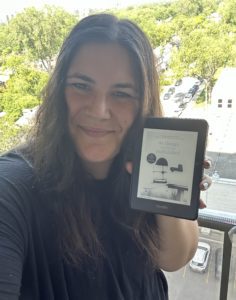

Marlee Rozansky
The Things We Leave Unfinished
by Rebecca Yarros
I am going to begin my summer reading with the book, The Things We Leave Unfinished, by Rebecca Yarros. The story is told in alternating timelines, between the present day and the past, the early 1940s during World War II. This book has been on my reading list for a while, so I am excited to finally have the time to read it.
![]()
![]()
![]()
![]()
![]()
![]()
![]()
![]()
![]()
![]()
![]()
![]()
![]()
![]()
![]()
![]()
![]()
![]()
![]()
![]()
![]()
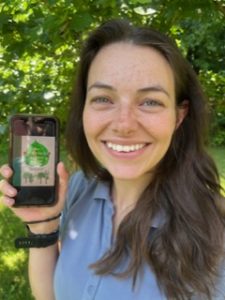

Stacy Anne Allen
Mon Premier Herbier des Arbres du Québec
by Stéphane Labbé and Iris Martinez
During the summer, my favourite activities include hiking and organizing outdoor scavenger hunts for my kids. So when I came across this book about the different trees found in Québec, I couldn’t resist. It has illustrations of leaves or needles that kids (and adults) can use to identify trees as they explore the natural world. Maybe the best part of this book is that the illustrations are in pockets, so you can temporarily remove them! No need to carry the whole book on a long hike in the summer heat, you can simply take a few pages out to help you identify the trees and then read more about them when you return home! Looking forward to this purchase arriving just in time for the school break! 🌳
![]()
![]()
![]()
![]()
![]()
![]()
![]()
![]()
![]()
![]()
![]()
![]()
![]()
![]()
![]()
![]()
![]()
![]()
![]()
![]()
![]()
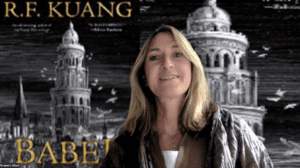

Elizabeth Alloul
Babbel
by R.F. Kuang
The next book on my reading list is called, Babbel by R.F. Kuang. I don’t often read fantasy, but the blend of historical fiction, the exploration of revolution’s violent nature, and the power of language and translation have piqued my attention. What’s more, Babbel is the book my Book Club has selected for our summer reading, and we have a knack for selecting great reads! Wishing you all an enjoyable time diving into your summer books!
![]()
![]()
![]()
![]()
![]()
![]()
![]()
![]()
![]()
![]()
![]()
![]()
![]()
![]()
![]()
![]()
![]()
![]()
![]()
![]()
![]()
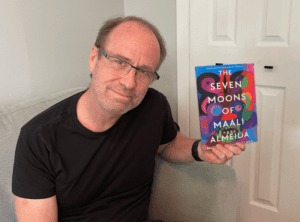

Paul Rombough
Seven Moons of Maali Almeida
by Shehan Karunatilaka
Often leaning on Booker and Ondaatje Prize winners for ideas, this one from 2022 caught my eye immediately: “Maali Almeida—war photographer, gambler, and closet queen—has woken up dead in what seems like a celestial visa office.” Having been profoundly influenced by the 2011 film on James Nachtwey, the moral dilemmas faced by war photographers continue to fascinate and disturb me. Now, this new book by Karunatilaka meets me more where I am now, as someone fascinated by novels of place, magic, satire and difference. 🌙
![]()
![]()
![]()
![]()
![]()
![]()
![]()
![]()
![]()
![]()
![]()
![]()
![]()
![]()
![]()
![]()
![]()
![]()
![]()
![]()
![]()
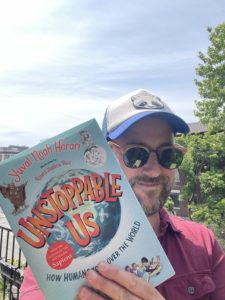

Ben Loomer
Unstoppable Us: How Humans Took Over the World
by Yuval Noah Harari
Big news! I’m headed back into the classroom next year – so my summer read is a book I hope to use as a teaching resource. I’m in the middle of Unstoppable Us: How Humans Took Over the World by Yuval Noah Harari. It’s a book for youth with accessible language and great illustrations. Spoiler alert – humans have been successful in dominating because we have the ability to tell stories (common beliefs help us cooperate). That’s our superpower! It’s a reminder that with great power comes great responsibility. For example, the extinction of animals…whoops. 😅
![]()
![]()
![]()
![]()
![]()
![]()
![]()
![]()
![]()
![]()
![]()
![]()
![]()
![]()
![]()
![]()
![]()
![]()
![]()
![]()
![]()
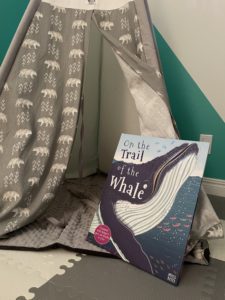

Carolyn Buteau
On the Trail of the Whale
by Camilla de la Bedoyere
On the Trail of the Whale is a new favourite in our house! It is a beautiful picture book that takes readers on an adventure to find Hula, the humpback whale. Each page presents an ocean, a sea, a swamp or the coral reef, along with fun facts about the different animals and plants that live in all of those wondrous places. We will definitely be reading it several more times this summer! 🐳
![]()
![]()
![]()
![]()
![]()
![]()
![]()
![]()
![]()
![]()
![]()
![]()
![]()
![]()
![]()
![]()
![]()
![]()
![]()
![]()
![]()
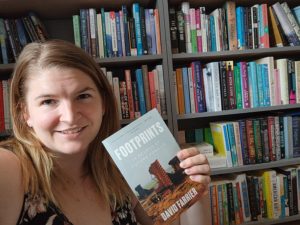

Lexi Tucker
Footprints: In Search of Future Fossils
by David Farrier
“What will the world look like in ten thousand years—or ten million? What kinds of stories will it tell about us?” Having studied archaeology in university, I have often found myself wondering about how future archaeologists will interpret the cultural remains of our current lifetimes. This summer, I am looking forward to reading this book because I suspect it will provide some interesting speculation as to my ponderings. 👣
![]()
![]()
![]()
![]()
![]()
![]()
![]()
![]()
![]()
![]()
![]()
![]()
![]()
![]()
![]()
![]()
![]()
![]()
![]()
![]()
![]()
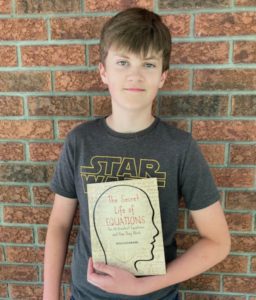

Kristine Thibeault
The Secret Life of Equations: The 50 Greatest Equations and How They Work
by Rich Cochrane
My youngest son, who just finished Sec 1, has been dipping into this book with me all school year. The Secret Life of Equations: The 50 Greatest Equations and How They Work by Rich Cochrane, is not only insightful… but lots of fun! The illustrations and engaging/accessible text really bring the stories of the people behind these discoveries to life. You’ll never look at E=mc2 or Pythagoras’ Theorem in the same way again. My son’s unfiltered review: “I love this book and it made me smarter!” 🧮
![]()
![]()
![]()
![]()
![]()
![]()
![]()
![]()
![]()
![]()
![]()
![]()
![]()
![]()
![]()
![]()
![]()
![]()
![]()
![]()
![]()
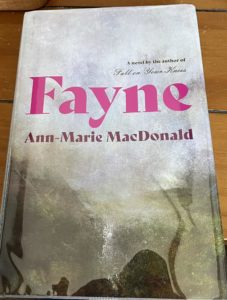

Audrey McLaren
Fayne
by Anne Marie MacDonald
My rec for a summer read is Fayne, by Anne Marie MacDonald – possibly the most beautiful book I’ve ever read – the writing, the imagery, and the story. It’s about a family living on an aging estate called Fayne, in which genealogy plays a significant role. An incredible bonus for me was that I discovered one of my friends is listed as a genetics consultant to the author. Unfortunately, I no longer have the book as I borrowed it from the library, and currently, as before, there is a very long waiting list for it, so I can’t take a picture of me holding it.


Dianne Conrod
The Birth House
by Ami McKay
I can’t resist historical fiction or a strong female protagonist. This book took me to early 20th-century Nova Scotia, where/when my paternal grandmother grew up. The main character is a midwife who supports the women of her small town through their struggles to maintain control of their own bodies against the backdrop of WWI and the Halifax Explosion. 💣
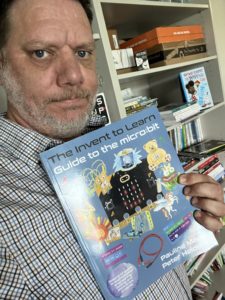

Chris Colley
The Invent to Learn Guide to the Micro:bit
by Pauline Maas & Peter Heldens
Once I recover from the sheer brutality 🤪 of 2022-2023, I hope to explore this doozy. The micro:bit has exploded across the world with no end in sight; a fun, engaging microcontroller that has a super “low floor” and an infinitely “high ceiling” which makes it such an affordable school tool for learning about the world around us. This book is chalked full of project ideas, templates, code and so on to make the most non-tech savvy peeps look like a legit smarty pants. So, this summer I will push the ceiling higher with projects that involve lots of tinkering, coding and problem-solving, and hopefully 🤞 I will be able to rule the world a bit better in 2023-2024! All hail the micro:bit! 💻
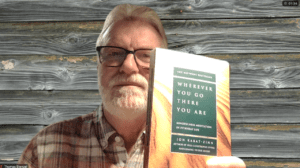

Thomas Stenzel
Wherever You Go, There You Are Mindfulness: Meditation in Everyday Life
by Jon Kabat-Zinn
Although Mindfulness seems to be a current hot topic, this book was first published in 1994. As life around us seems to be increasingly stressful to more and more people, perhaps this book can provide some thought-provoking insights and down-to-earth pathways for cultivating mindfulness. At least that is what the linear notes seem to promise. 🧠
![]()
![]()
![]()
![]()
![]()
![]()
![]()
![]()
![]()
![]()
![]()
![]()
![]()
![]()
![]()
![]()
![]()
![]()
![]()
![]()
![]()
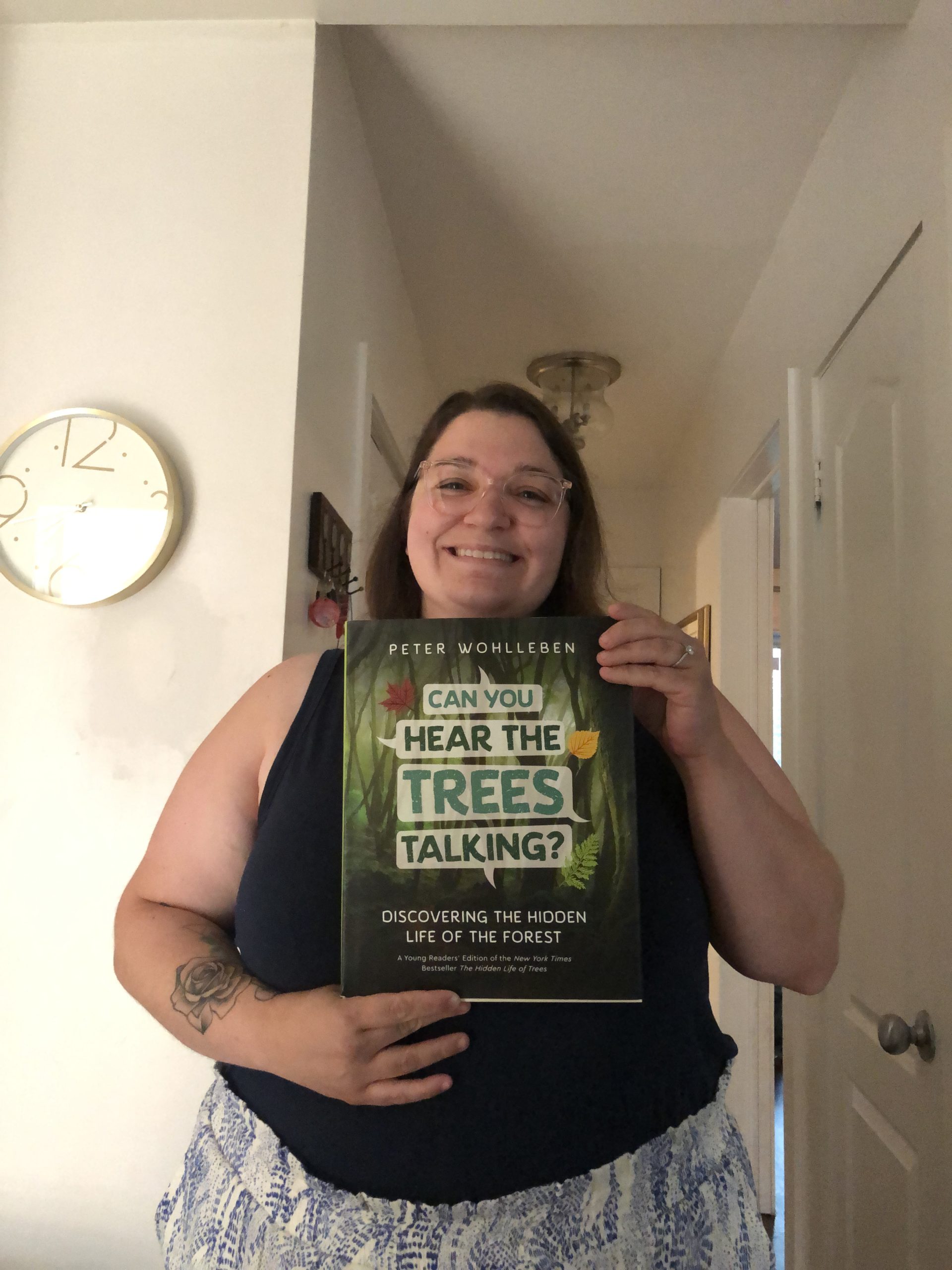

Leanna Di Fulvio
Can You Hear The Trees Talking?
By Peter Wohlleben
This is a perfect read for elementary cycle 2-3 children who have many questions about trees and nature that their parents may not know the answers to! I personally love the vibrant photographs and inquiry-based approach activities on every page that put children at the forefront of their learning and discovery.
![]()
![]()
![]()
![]()
![]()
![]()
![]()
![]()
![]()
![]()
![]()
![]()
![]()
![]()
![]()
![]()
![]()
![]()
![]()
![]()
![]()
Becoming Kin: An Indigenous Call to Unforgetting the Past and Reimagining Our Future
by Patty Krawec
A few months ago, I was listening to an interview with author Patty Krawec speaking about the process of “unforgetting” during an episode of Tapestry. I was compelled to read her book Becoming Kin and will make the time for it this summer. I am hopeful for the possibilities that are proposed in the text: “If we are going to be kin, then we must accept that these relationships come with responsibility…Rather than cutting off our roots because we are ashamed or afraid of what we will find, we can learn our history. We can reimagine the relationships we have inherited, and we can take up our responsibilities to each other.”
![]()
![]()
![]()
![]()
![]()
![]()
![]()
![]()
![]()
![]()
![]()
![]()
![]()
![]()
![]()
![]()
![]()
![]()
![]()
![]()
![]()
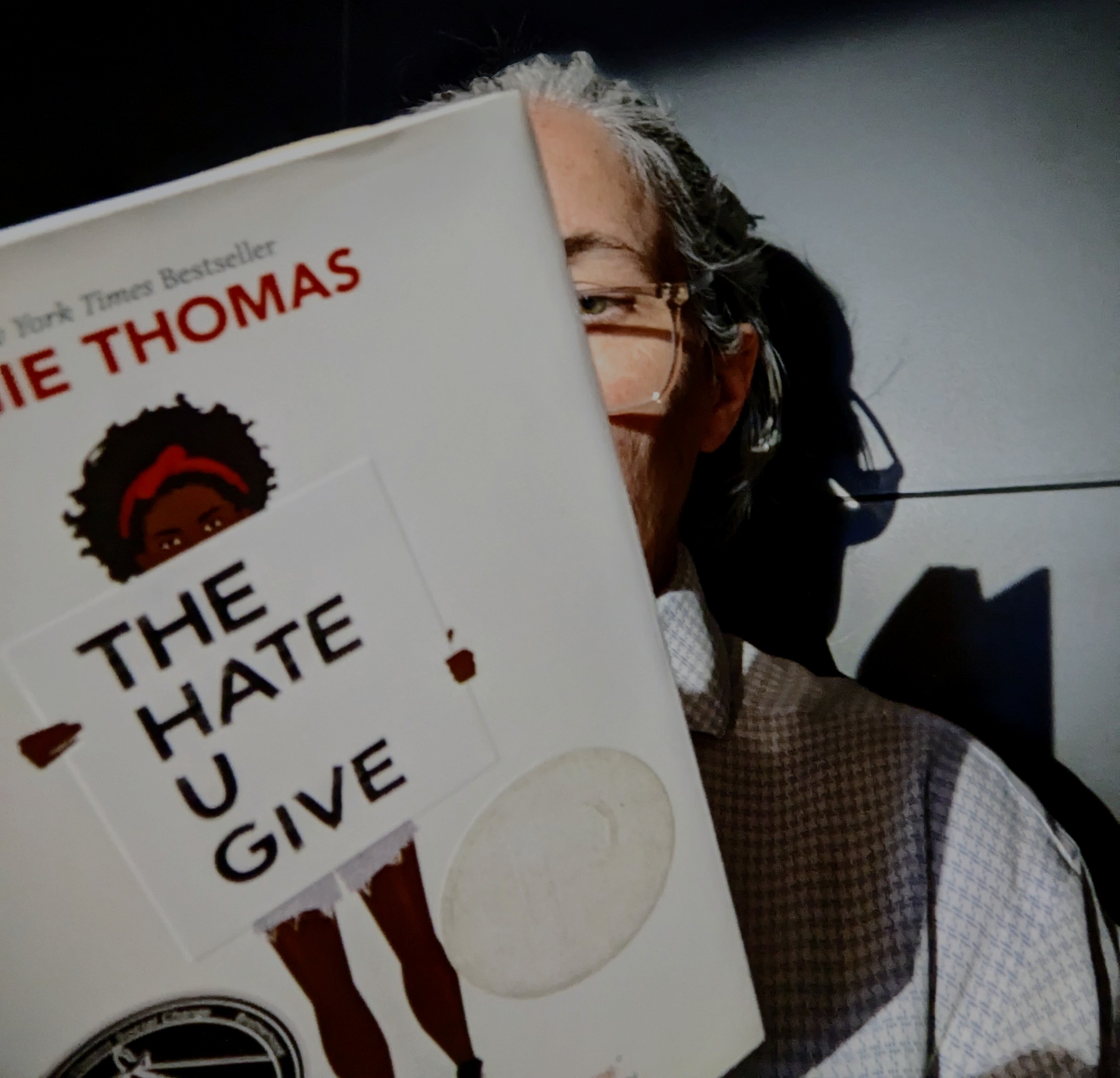

Dannielle Dyson
The Hate You Give
by Angie Thomas
When my son arrived home, with his essay on The Hate You Give, I made the promise to only read it once I also finished reading Angie Thomas’s first novel. Based on a true story, tied to the Black Lives Matter movement, we hear from a young black student who becomes an activist when she finds her voice to speak up against police brutality. Beyond the reasons this book was flagged by parents to be banned, one can hope young readers will find access to a copy to learn how life experience can drive us to push up against a system that still needs to change.

